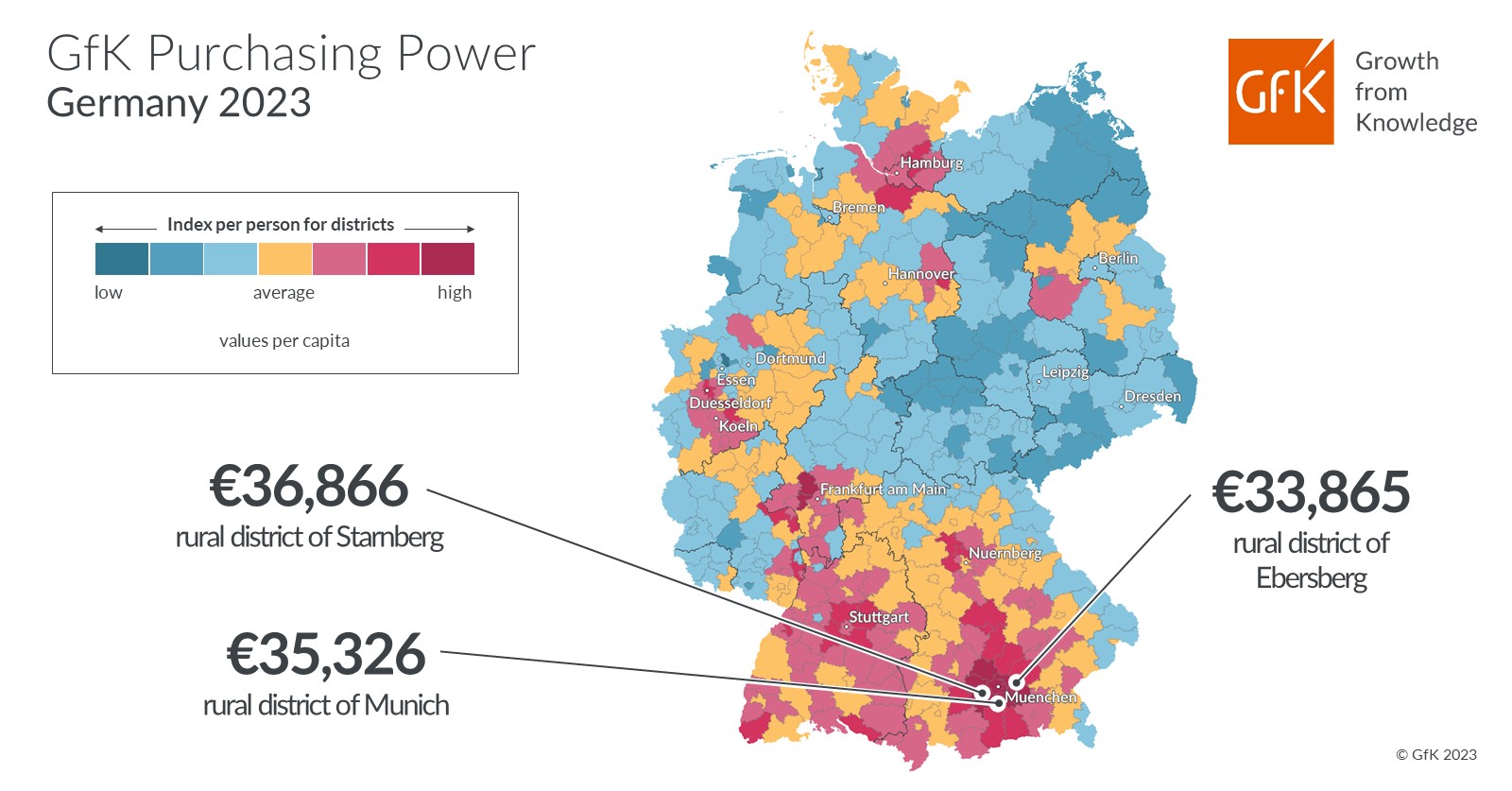Preparing a job application in Germany

Germany is one of the major economies in Europe and has the lowest unemployment rate in Europe, offering many available job opportunities. Therefore, you don’t need to worry too much about finding employment after graduation here.
Germany is also the number one destination for studying abroad. The ideal living and learning environment makes Germany even more attractive to young people. Moreover, there are great job prospects after graduation. The job opportunities in Western and Southern parts of Germany are particularly abundant, as they are home to headquarters and factories of large corporations.
Non-EU students are allowed to stay in Germany for up to 18 months after graduation to search for employment. Additionally, there are currently 500 of the world’s largest companies present in Germany among a total of 45,000 foreign companies.
How can you secure a good job opportunity in Germany?
In addition to the objective conditions, you also need to make a significant effort to quickly find employment in Germany. First, you need to determine the places where you can search for job information. You can search through various job portals, career fairs, or career centers. You can also seek information through acquaintances or friends.
Fluency in the German language is an essential requirement. Your chances of getting hired will be significantly lower if you cannot speak German. Therefore, you should strive to improve your German language skills every day, whenever and wherever possible.
Preparing a job application in Germany
Make an effort to stand out in your application and submit it as early as possible. The key is to pay attention to every detail of your application, as it demonstrates professionalism and leaves an impression on the employer.
While educational qualifications are necessary for consideration, they may not carry as much weight as your work experience. Therefore, highlight your relevant work experience on your CV.
What should be included in a job application?
Your job application is the ticket to your dream job! It should be impressive and captivating because employers usually skim through applications within a few seconds. A job application consists of various documents and papers that you use when applying for a job. It includes:
- Portfolio/Document folder
- Job application letter
- CV/Resume
- Academic degrees and certificates
- Certifications: Language certificates, computer certificates, etc.
- Licenses, permits, and other documents
Job applications are usually sent by mail or submitted in person, depending on the requirements stated in the job advertisement. In some cases, you can also submit your application online, which is faster, more cost-effective, and practical.
Order of arranging job applications:
- Document bag:
This depends on the position you are applying for. If you are applying for an internship position, a simple plastic folder will suffice. However, if you are applying for a teaching position, it is advisable to choose a high-quality folder made of cardboard.
Job applications should reflect your personality and individuality. But don’t forget to pay attention to professionalism as well. The cover of the application should be in basic and simple colors.
- Cover letter:
The cover letter is a way for you to present your motivation and reasons for applying for the job. The content of your letter should demonstrate a connection with the company. It’s best not to write too long, ideally one page, but it can be longer, just make sure it doesn’t exceed two pages. In the letter, answer the following questions:
- Why are you applying for this position? Is it because of the interesting job, career opportunities, or new challenges
- Why did you choose the company? Is it because of the company’s position in the market, field of activity, products, or the company’s image?
- What specialized skills do you have? This could include educational qualifications, practical experience, intercultural competence, or good communication skills.
- Why should the company choose you? Is it because of your good subject knowledge, practical experience, soft skills, or any other special reason?
- CV (Curriculum Vitae):
The CV should generally not exceed 2 pages of A4 size and should include 5 logically arranged sections:
Personal details: Full name, date of birth, place of birth, temporary address, phone number, email, and a passport-sized photograph (not mandatory).
Professional background: Positions held, names of companies worked for, duration of employment, description of job responsibilities, internships.
Academic background: University and post-graduate institutions, completed study programs, duration of study, major, and final grades (not mandatory).
Special knowledge: Language skills, qualifications, certifications, computer skills, awards, etc.
Interests: Hobbies, volunteer activities, social engagements, etc.
Date of CV writing and signature.
To persuade the employer with your CV, you need to arrange your work experience in chronological order, starting from the most recent. The most recent work experience should be listed first, followed by others in chronological order. Use concise and concise keywords, write the duration above the link, and enter the information in the right column. Employers will be interested in the following four pieces of information:
Duration: How long did you work?
Company: Which companies did you work for?
Positions held.
Responsibilities and achievements: What were your responsibilities? What did you achieve?
Certificates, diplomas (school/education/vocational)
Certifications (language, computer, awards)
Internship, professional certificates
Your job application should showcase all your strengths and demonstrate that you are the most suitable candidate in the eyes of the employer. So, read it carefully to ensure that everything is accurate! A clear structure from the beginning will save you a lot of time and effort. Good luck!
RELATED ARTICLES
THINGS TO NOTE WHEN WORKING MORE IN GERMANY
If studying abroad in Germany and intending to work part-time, international students need to clearly understand the regulations and requirements of this country. Below are important things you need to keep in mind when working part-time in Germany. 1. Working regulations – International students have two options for working hours: work 120 days a year […]
GERMAN WORK CULTURE
Germany is one of the countries with the largest economies in Europe and the world, notable for its professional and efficient working style. German working culture not only helps this country achieve impressive economic achievements but also creates an ideal working environment. Let’s explore with HHD Academy the outstanding and unique features of their working […]
7 THINGS INTERNATIONAL STUDENTS NEED TO DO AS SOON AS ARRIVING IN GERMANY
To have a smooth and convenient study abroad journey, here are 7 things international students need to do as soon as they arrive in Germany: 1. Find accommodation You should consider and choose carefully because accommodation greatly affects your studies and travel. You should look for accommodation before coming to Germany through groups, websites and […]
TYPES OF SETTLEMENT IN GERMANY FOR FOREIGNERS
Many international students choose Germany as a place to study and work with the desire to have the opportunity to settle here permanently. With a clear and flexible legal system, Germany offers various forms of settlement for foreigners. Let’s find out with HHD Academy what those forms are. 1. Residence card This type of temporary […]
Cost of Living in Germany – Updated for 2024
The cost of living in Germany is quite reasonable compared to other European countries. As a single person, you will need a minimum of €934 per month (around $1,018 US dollars) or €11,208 per year (around $12,217 US dollars) to cover your living expenses in Germany as of 2024. A family of four, on the […]










